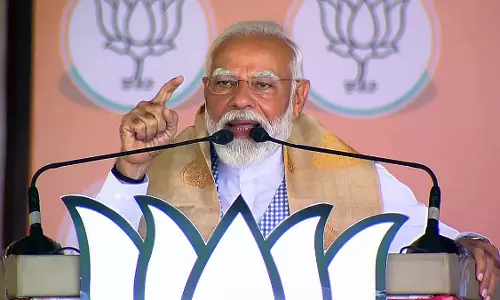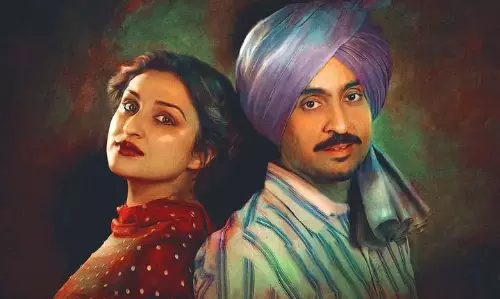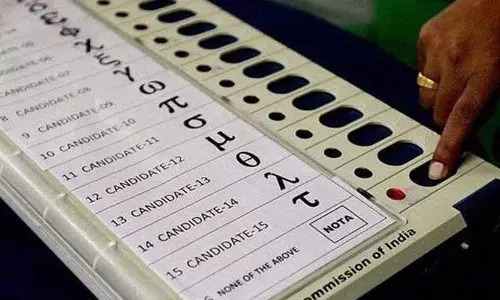
Engineering can help know Ayurveda: Email inventor
text_fieldsAncient yogis and sages were not just medical healers but also systems scientists and systems engineers, who saw the body and the universe as interconnected engineering system, says email inventor V A Shiva Ayyadurai who has done pioneering research in this field.
Last week, Ayyadurai presented at Sages and Scientists Conference in California his paper, which validates scientific foundation of Ayurveda and Siddha.
The paper is being published in the International Journal of Systems of Systems Engineering.
According to him Ayurveda and Siddha were designed to be pro-active to protect and strengthen the body before illness set in.
"They are about living a proper lifestyle," 50-year-old Ayyadurai, an MIT systems scientist, technologist, entrepreneur and Chairman and CEO of CytoSolve, Inc., told PTI.
In 1978, Ayyadurai invented the world's first email system at the age of 14 and was awarded the first US copyright for "email". Yesterday was the 32th anniversary of the email. On August 30, 1982, the US government officially recognised Ayyadurai as the inventor of email by awarding him the first US copyright for email for his 1978 invention.
He was inspired by his grandmother, who used to heal people in the traditional way, in undertaking the study on ancient medicine.
"People sought her help for all sorts of ailments. She would prescribe personalised medicine, which included particular herbs, particular massage, and mantras. I saw many people being healed by her, and as a child I was inspired to become a healer," he says.
Mumbai-born Ayyadurai, who left with his family at the age of seven to live in the US, came back to India in 2007 to study Indian medicine with the aim of discovering the Rosetta Stone that connected the worlds of Ayurveda and Siddha with modern scientific principles.
"I discovered the foundations of Ayurveda and Siddha, and more importantly I found that all of Western control systems engineering principles had actually been discovered by the great ancient Indian sages, 5,000 years ago," he claims.
Ayyadurai observed that the terminology of Ayurveda and Siddha such as Vata, Pitta, Kapha, etc. have a direct one-to-one correlation to the terminology used in control systems engineering.
"Our ancient yogis and sages were not just medical healers, but systems scientists and systems engineers, who saw the body and the universe as an interconnected engineering system, a system of systems that are governed by fundamental engineering systems principles," he says.
Ayyadurai's paper is entitled "The Control Systems Engineering Foundation of Traditional Indian Medicine: The Rosetta Stone for Siddha and Ayurveda." "This work uncovers the scientific foundation of traditional systems of Indian medicine: Siddha and Ayurveda, from core principles shared in modern control systems engineering. The discovery provides a much-needed integrative framework to develop a systems medicine that overcomes the reductionism of modern healthcare," he says.
The findings provide a much-needed integrative framework, across east and west, ancient and modern, to develop a systems medicine that overcomes the reductionism of modern healthcare, says Ayyadurai.
His exposition presents the core principles of Siddha and Ayurveda in a cohesive manner and their direct relationship to the nine concepts of controls systems engineering.
Ayyadurai believes that there is a need to take pro-active measures to popularise Ayurveda and Siddha in India.
"Based on the current health habits, Indians are projected to have 300 million diabetic patients over the next 10-20 years. Western medicine was developed for crisis and war, such as if you got shot or wounded, to put the soldier back on the battlefield. It works well for catastrophic situations, but it is absolutely ignorant about prevention and lifestyle," he says.























